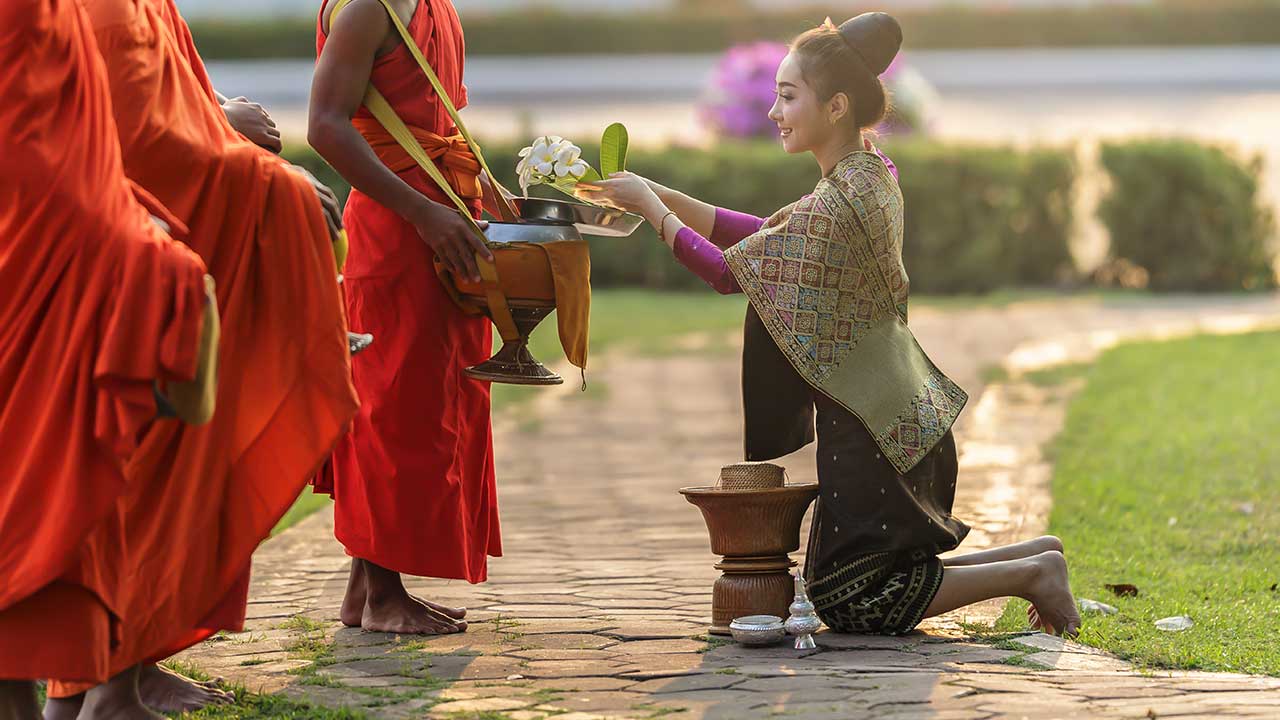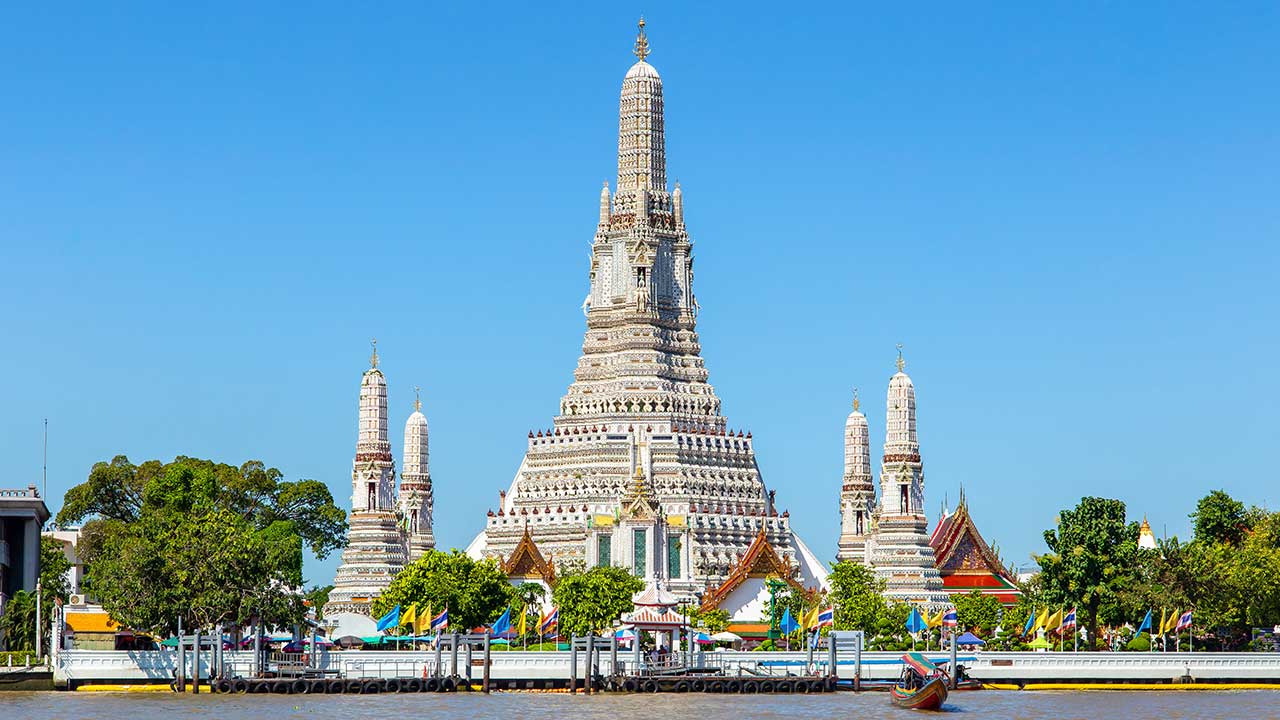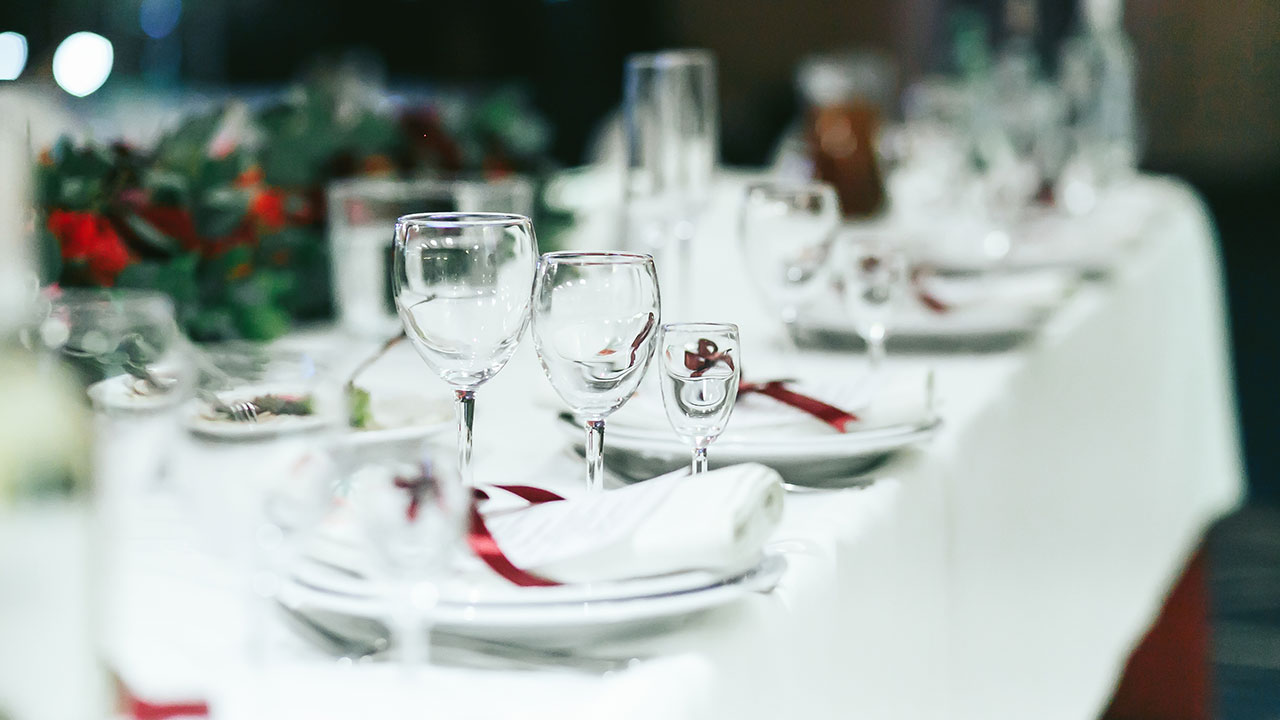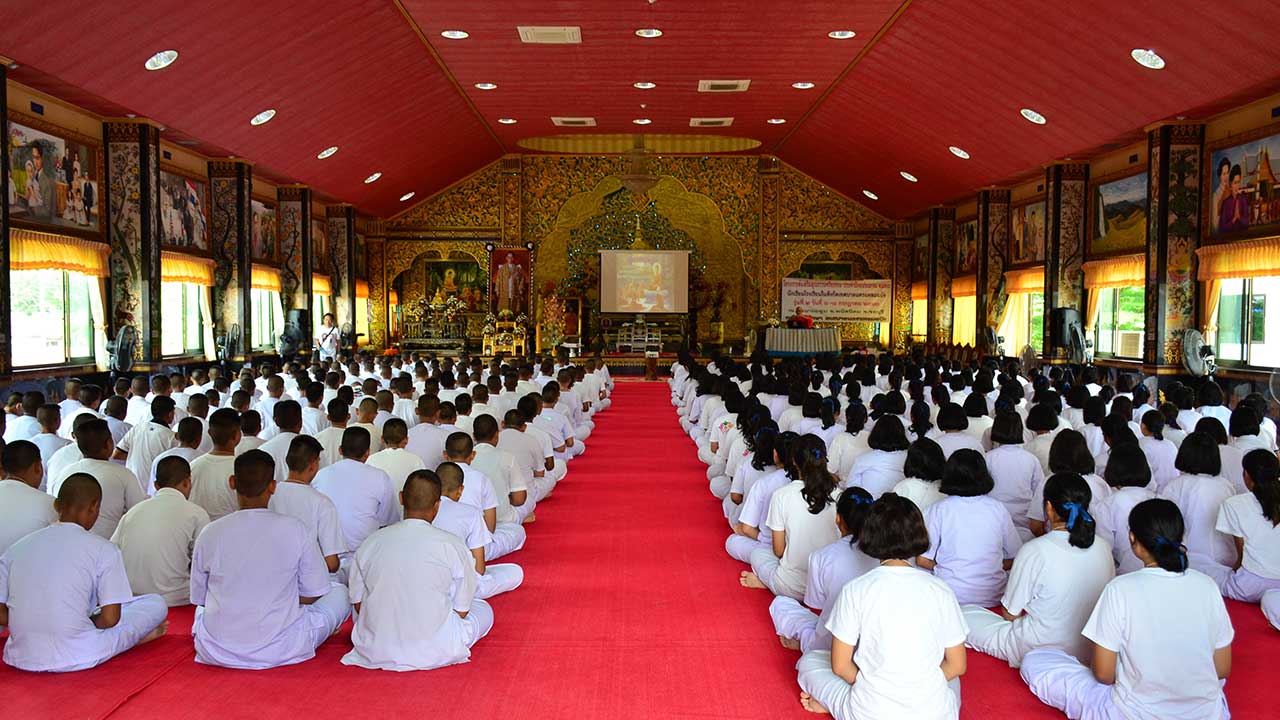
Bangkok, the vibrant capital of Thailand, is deeply rooted in traditions and cultural etiquette that reflect the country’s Buddhist values and warm hospitality. Showing respect to elders, monks, and the royal family is essential. The traditional wai greeting, where palms are pressed together with a slight bow, is a common way to show politeness. Public displays of affection and loud behavior are generally discouraged, as Thai people value modesty and harmony in social interactions.
When visiting temples, dressing modestly is crucial. Both men and women should cover their shoulders and knees, and removing shoes before entering sacred places is expected. Pointing feet at people or religious objects is considered disrespectful, as feet are viewed as the lowest part of the body. Likewise, touching someone’s head, the highest and most sacred part of the body, is inappropriate.
In daily interactions, a polite and friendly demeanor is appreciated. Using “khap” (for men) or “ka” (for women) at the end of sentences shows politeness. Bargaining in markets is common but should be done with a smile and respect. Following these cultural norms ensures a more enriching and enjoyable experience while exploring Bangkok.
What’s Covered in This Guide?
- Respect for Thai Culture – Understanding the core values and traditions that shape Thai society.
- Greetings & Wai Etiquette – The proper way to greet others and show respect in Thailand.
- Temple Etiquette – Guidelines for visiting temples, including dress codes and respectful behavior.
- Dining Etiquette – How to properly eat in Thai restaurants and homes.
- Public Behavior & Social Norms – Dos and don'ts in public spaces.
- Respecting the Monarchy – The importance of showing respect towards the Thai royal family.
- Dress Code in Bangkok – What to wear in different settings, from temples to nightlife.
- Tuk-tuk & Taxi Etiquette – The proper way to interact with drivers and negotiate fares.
Respect for Thai Culture

Thai culture places a strong emphasis on respect, politeness, and maintaining harmony in daily interactions. From greetings to social etiquette, locals value courteous behavior and appreciate visitors who make an effort to understand their traditions. The wai greeting, a gesture of pressing palms together with a slight bow, is a common way to show politeness.
Showing respect to monks, elders, and the royal family is particularly important. Visitors should dress modestly at religious sites, avoid loud behavior in public, and always be mindful of local customs to create a positive impression.
Greetings & Wai Etiquette
The traditional Thai greeting, called the wai, involves placing your palms together in a prayer-like gesture and slightly bowing your head. It is a sign of respect, particularly when greeting elders or monks. While foreigners are not expected to initiate a wai, returning one when greeted is appreciated.
Temple Etiquette

Bangkok is home to stunning temples, or wats, and visiting them requires adhering to proper etiquette:
- Dress modestly: Cover shoulders and knees.
- Remove shoes before entering temple buildings.
- Avoid pointing your feet at Buddha statues or monks.
- Keep voices low and behave respectfully inside temple grounds.
Dining Etiquette

When dining in Bangkok, keep these cultural norms in mind:
- Thai meals are often shared, so use serving spoons for communal dishes.
- Eating with a spoon (in the right hand) and a fork (in the left) is the norm; the fork is used to push food onto the spoon.
- Tipping is not mandatory, but rounding up the bill or leaving small change is appreciated in restaurants.
Public Behavior & Social Norms
- Avoid public displays of affection, as they are considered inappropriate in Thai culture.
- Speaking loudly or losing your temper in public is seen as disrespectful.
- Always ask permission before taking photos of people, especially monks and vendors.
Respecting the Monarchy

Thailand holds deep reverence for its royal family, and showing respect toward the monarchy is an important part of Thai culture. Speaking negatively about the king or the royal institution is a serious offense under Thai law and can lead to legal consequences. Visitors should always be mindful of their words and actions when discussing the monarchy.
In public places like parks, cinemas, and transport stations, the national anthem is played at specific times. It is customary to stand in silence as a sign of respect.
Dress Code in Bangkok

While Bangkok is a modern city, dressing appropriately shows respect:
- Wear conservative clothing when visiting temples and religious sites.
- Casual clothing is acceptable in most places, but avoid overly revealing outfits in public areas.
- Upscale restaurants and bars may have a dress code, so smart-casual attire is recommended.
Tuk-tuk & Taxi Etiquette
- Negotiate tuk-tuk fares before starting the ride, as they don’t use meters.
- Taxis should use a meter; if the driver refuses, consider finding another one.
- A small tip (rounding up the fare) is appreciated but not required.
By following these cultural etiquette guidelines, visitors can experience Bangkok in a respectful and enriching way while building positive interactions with locals.



